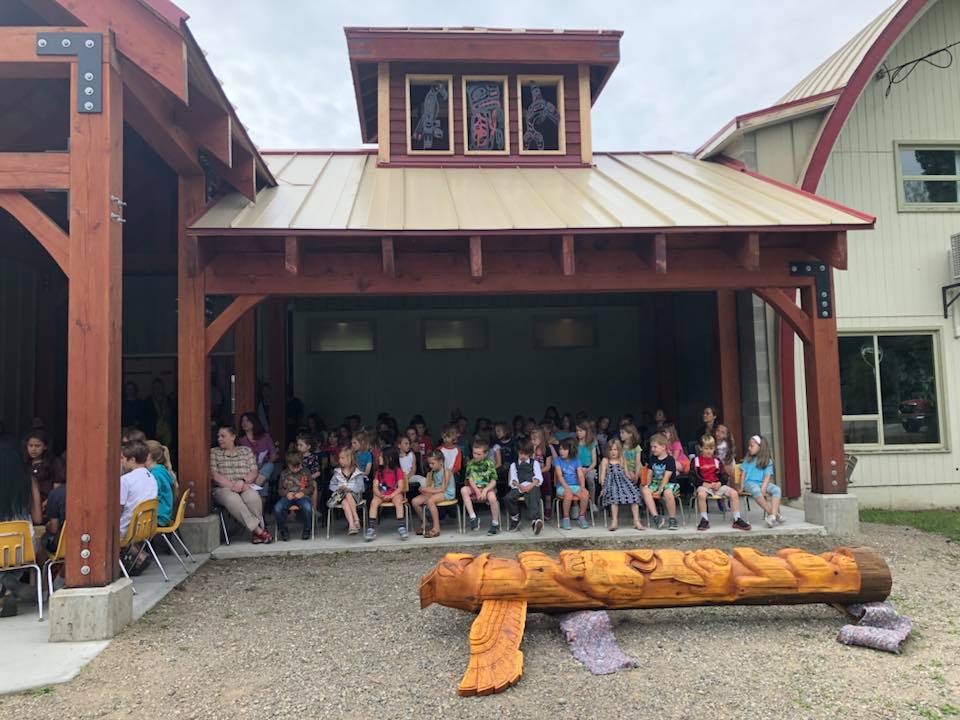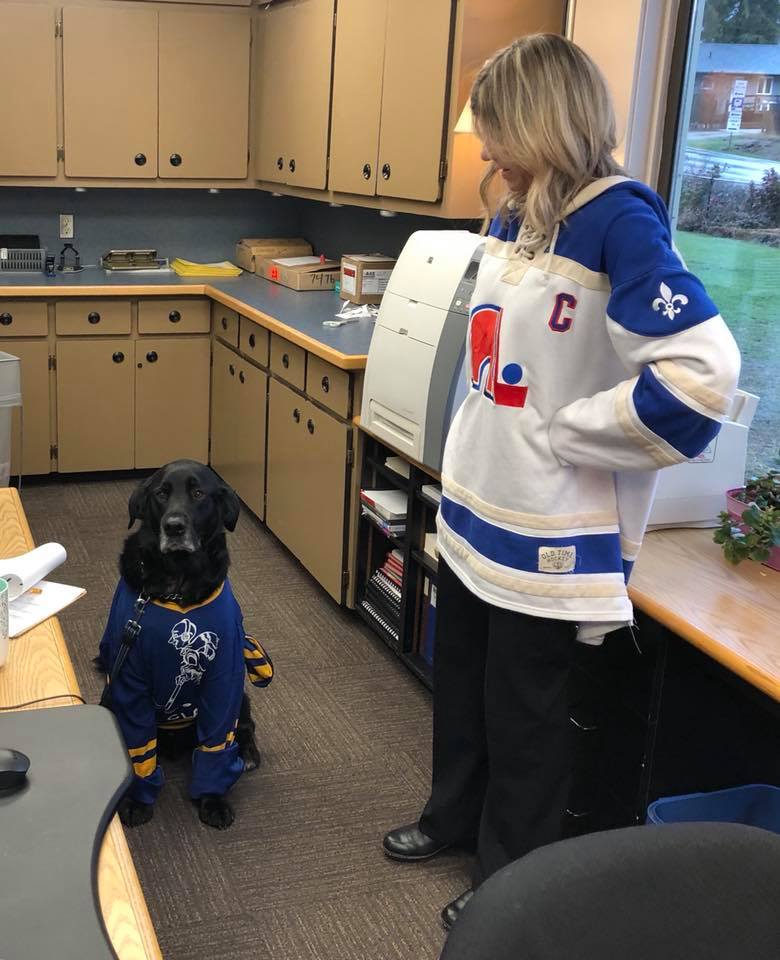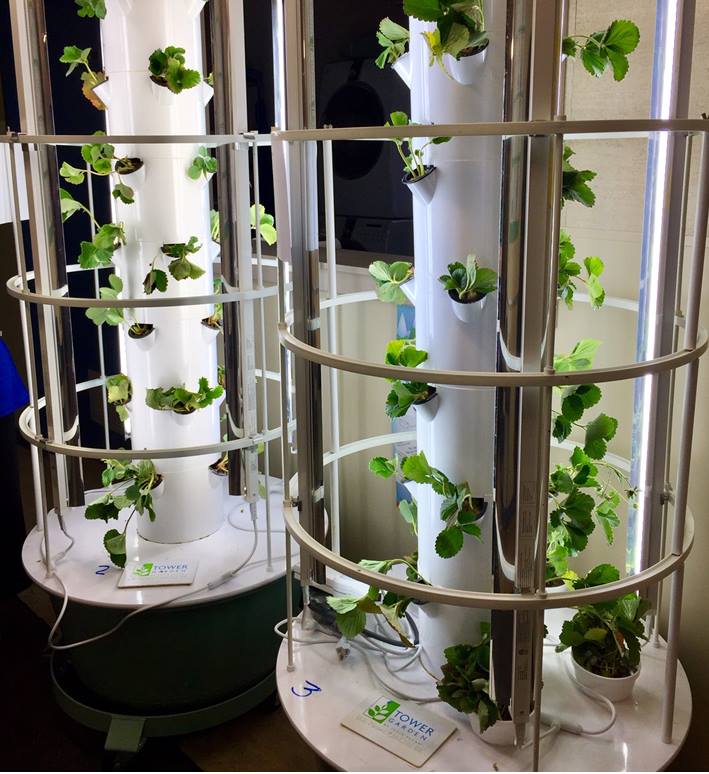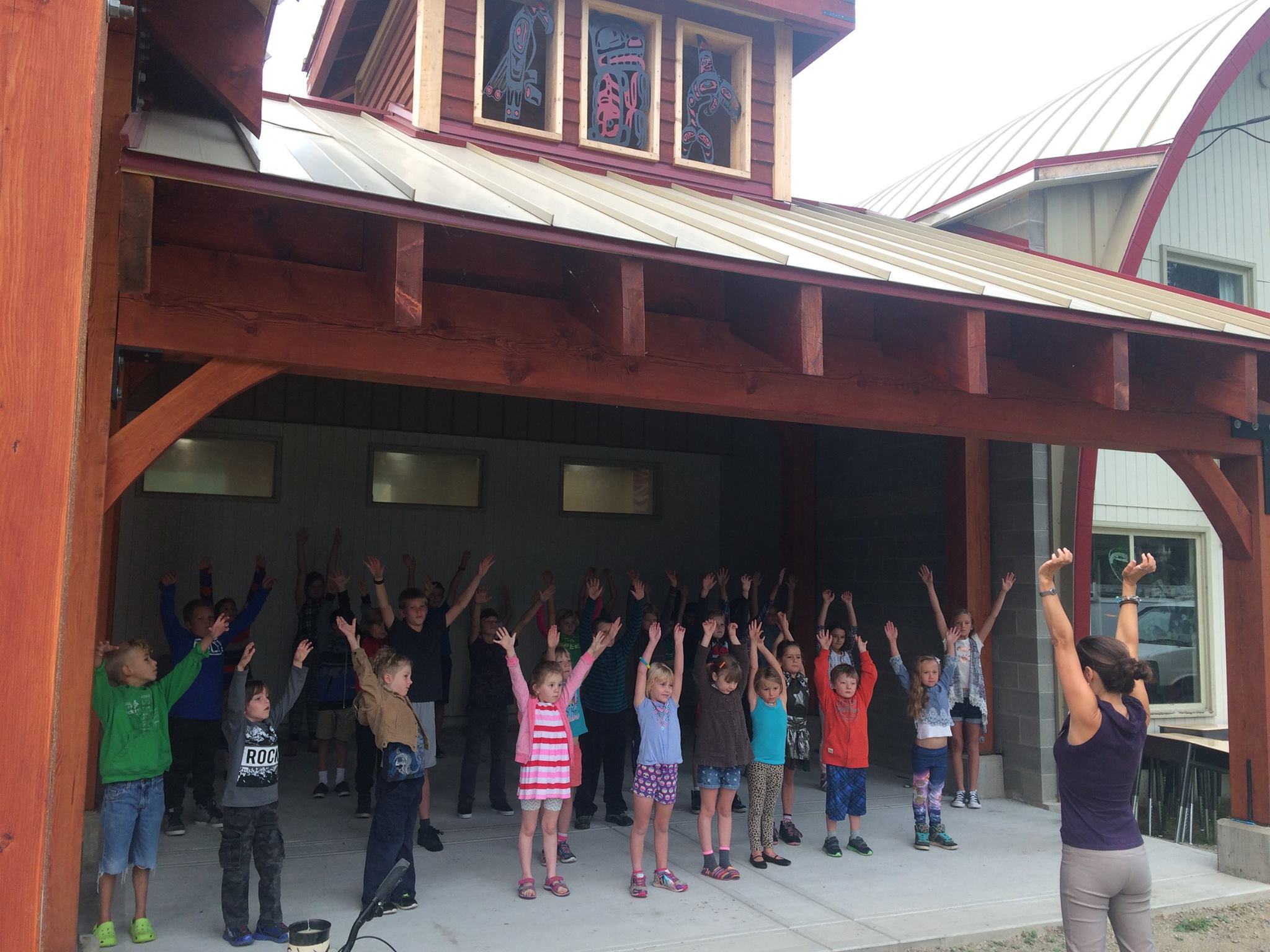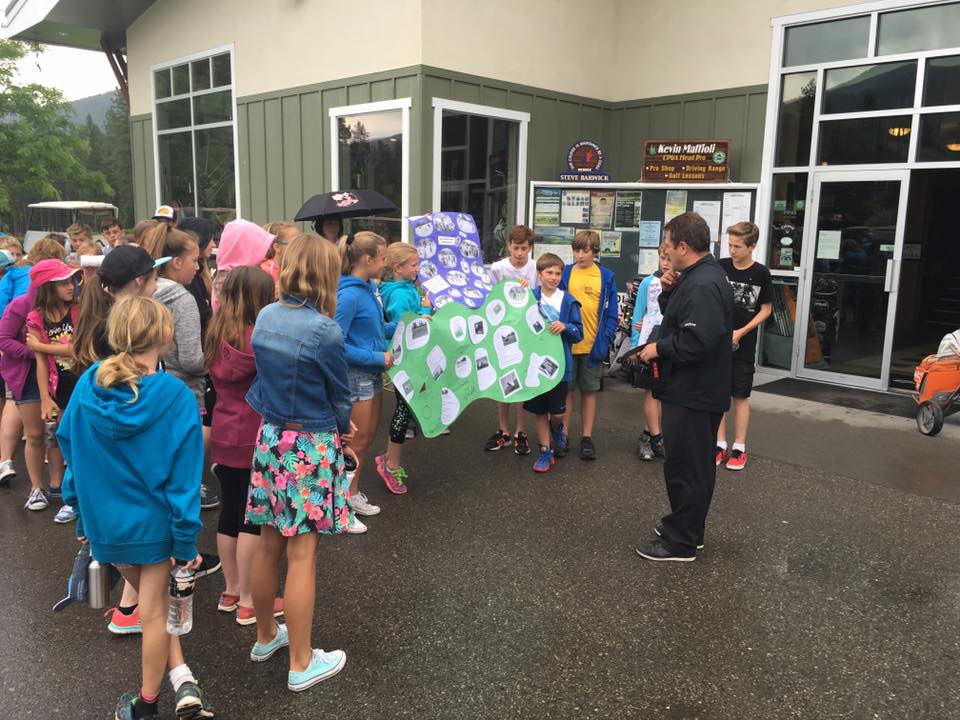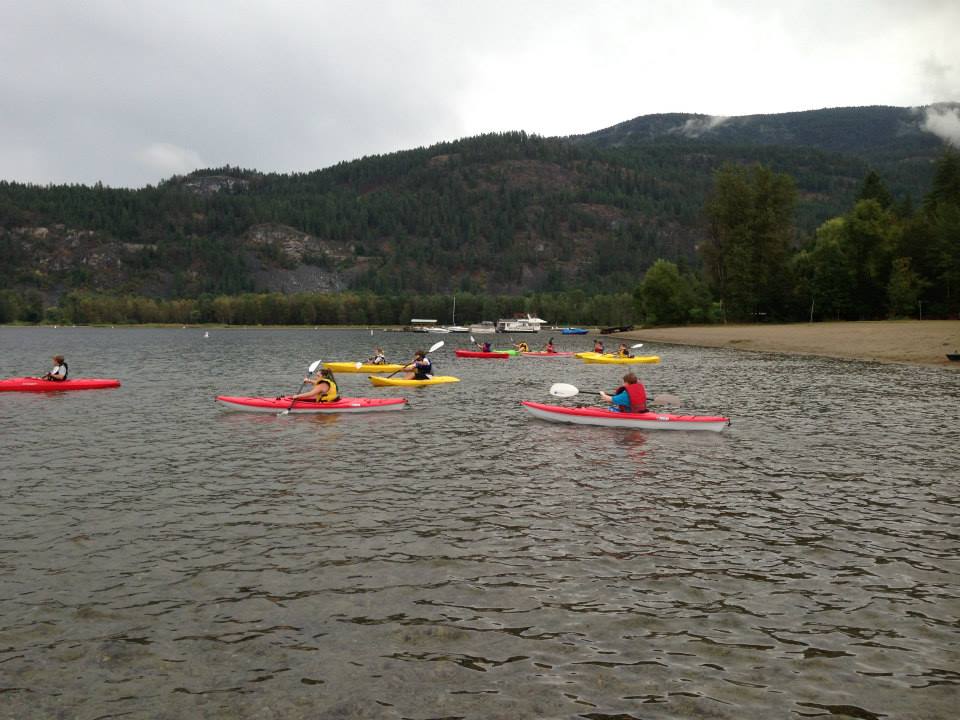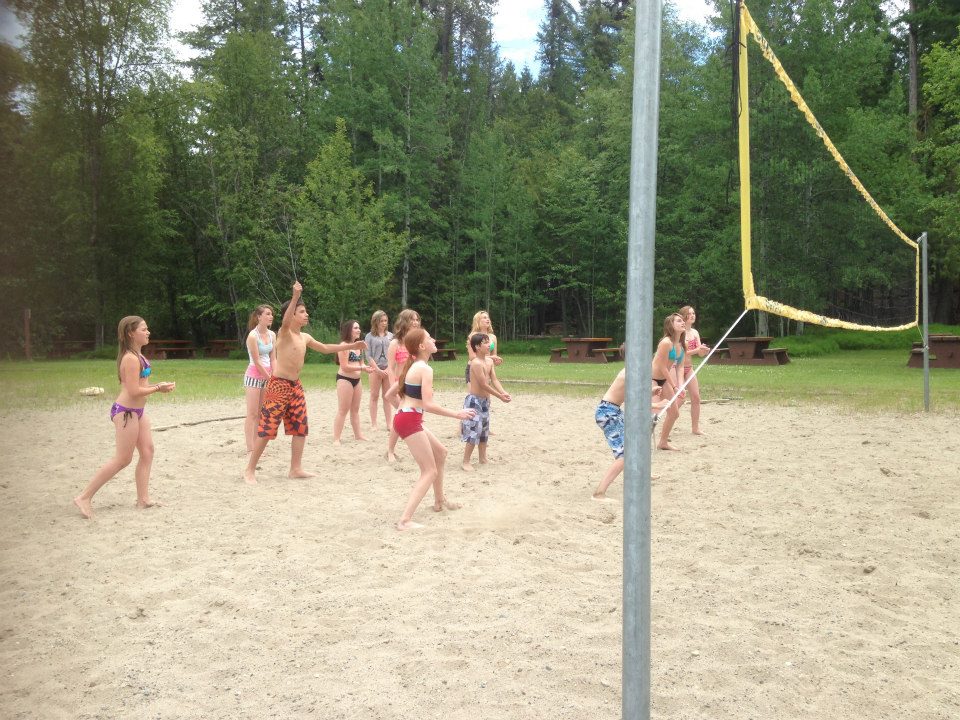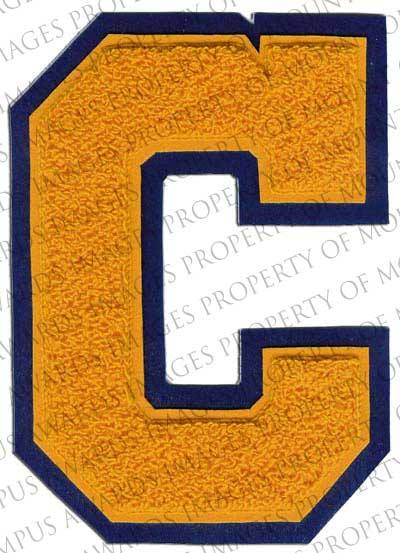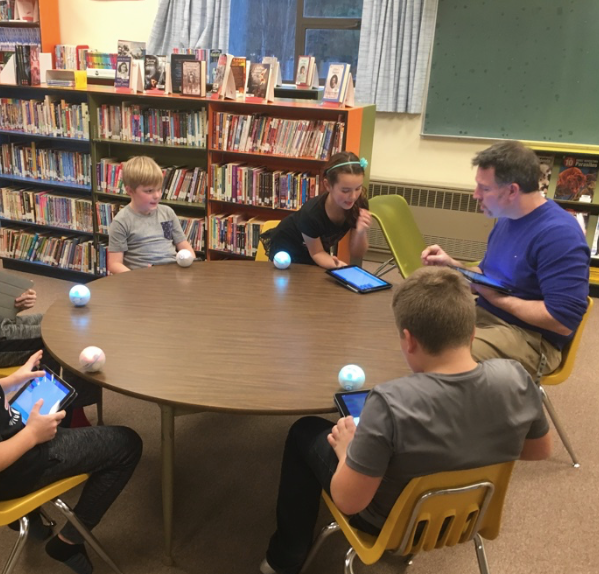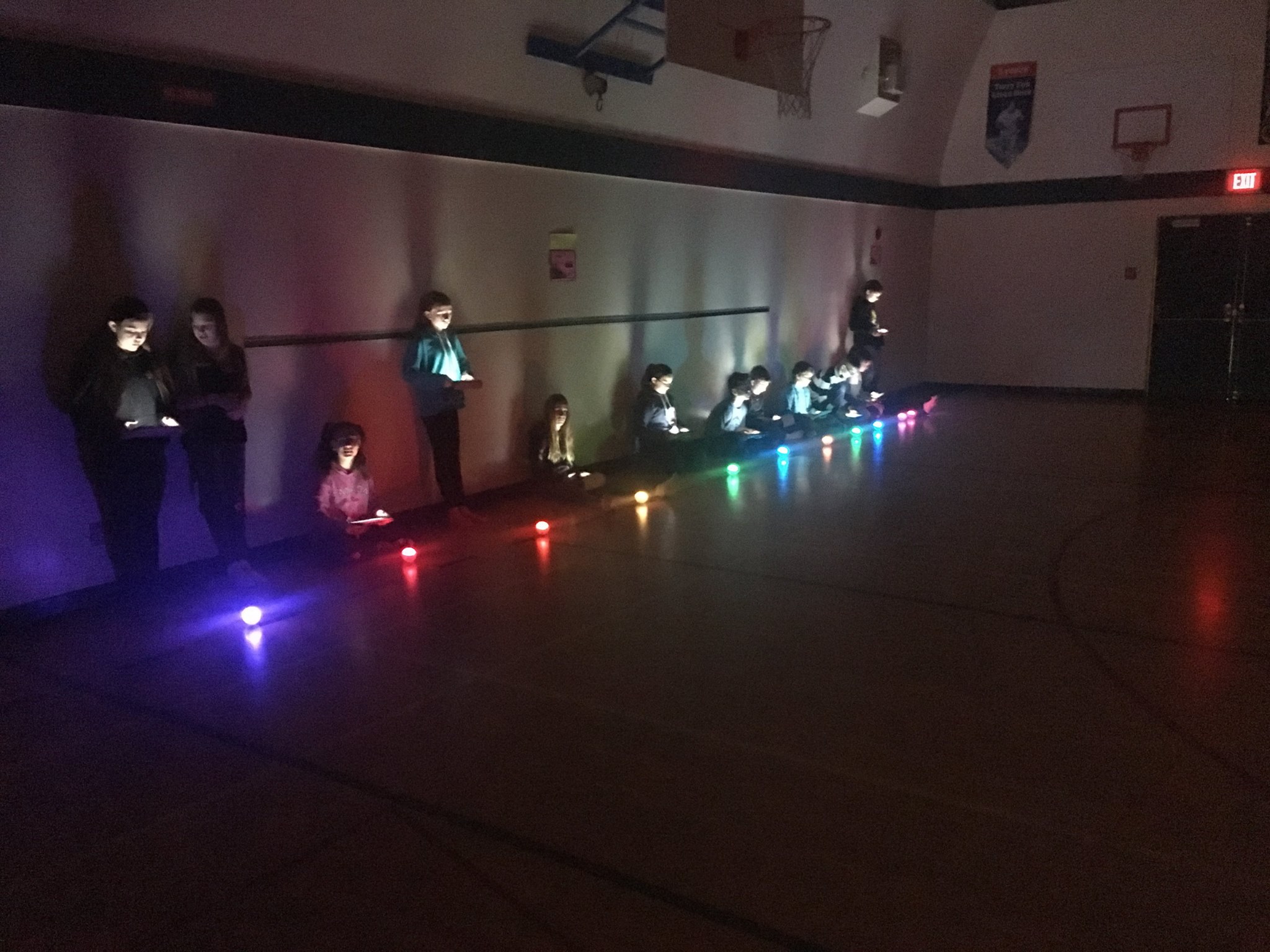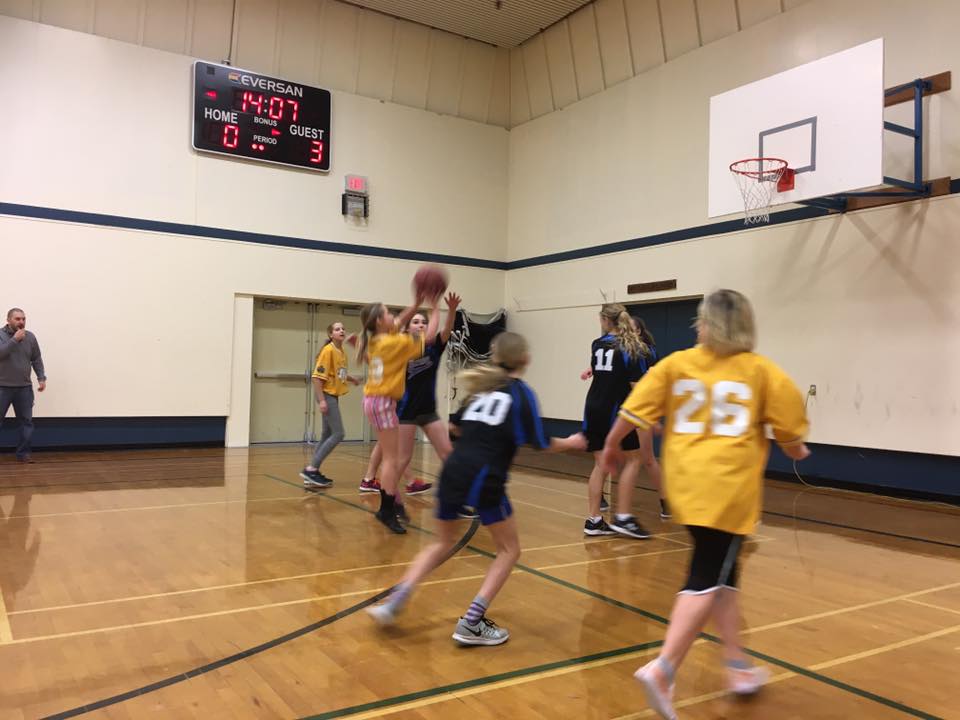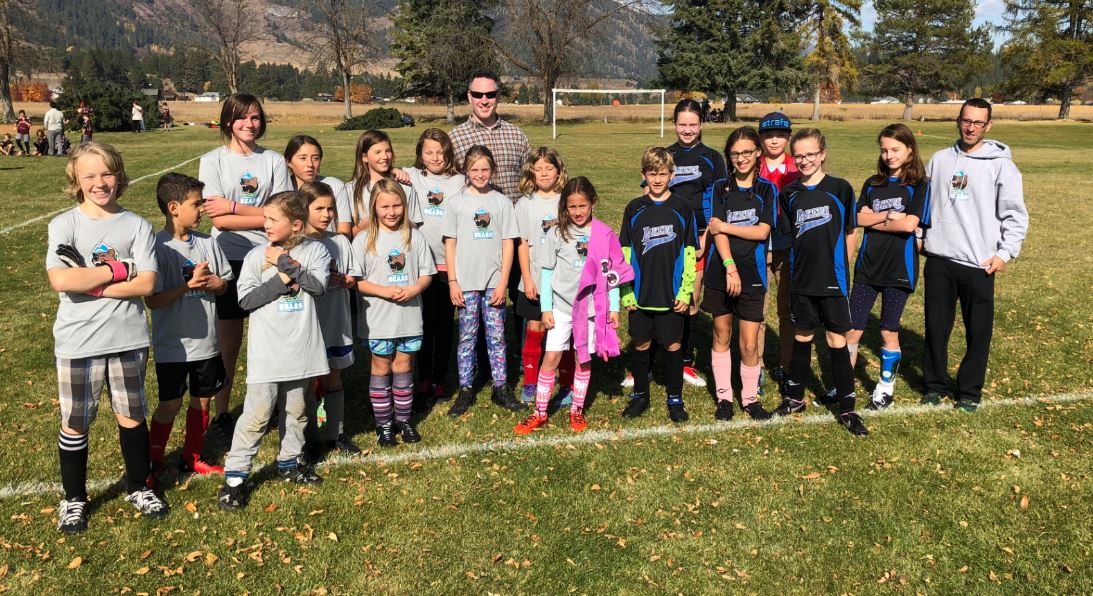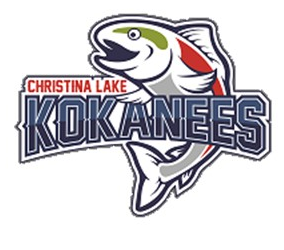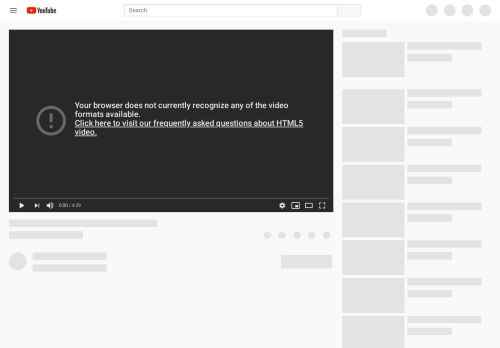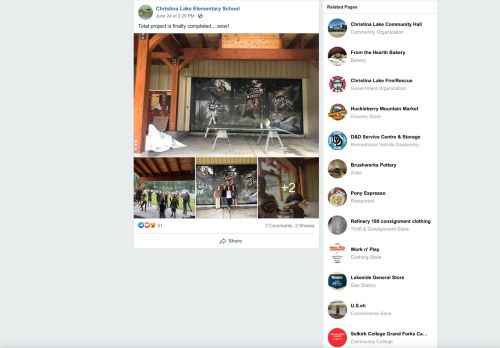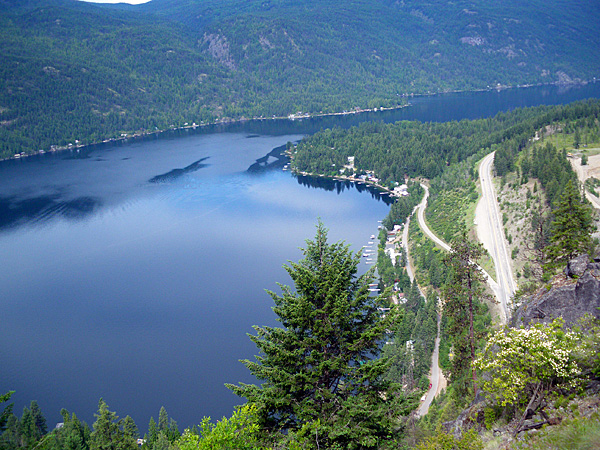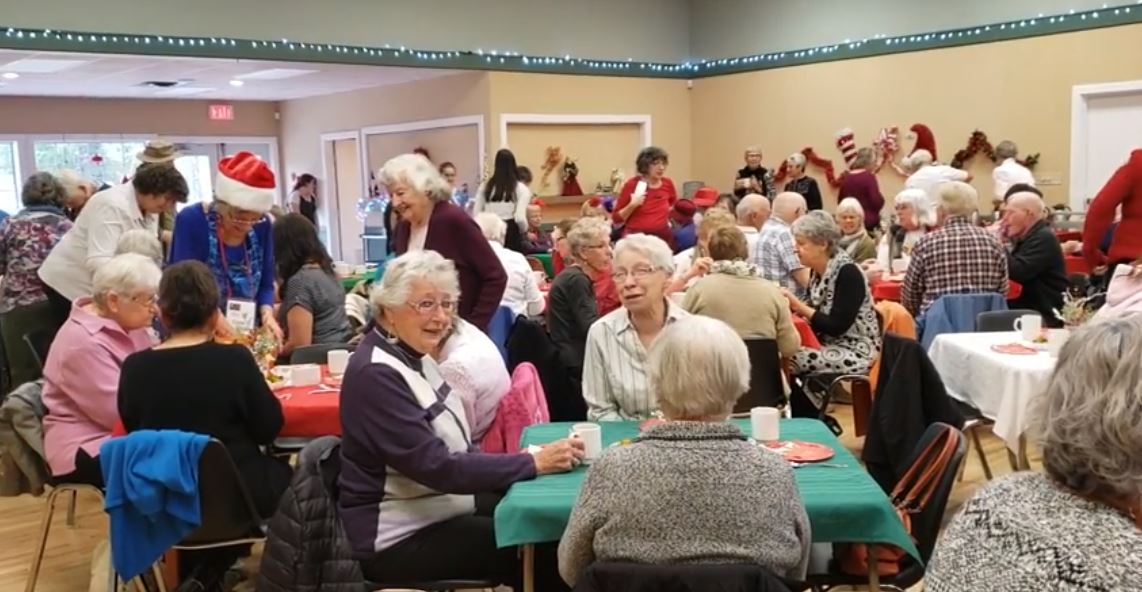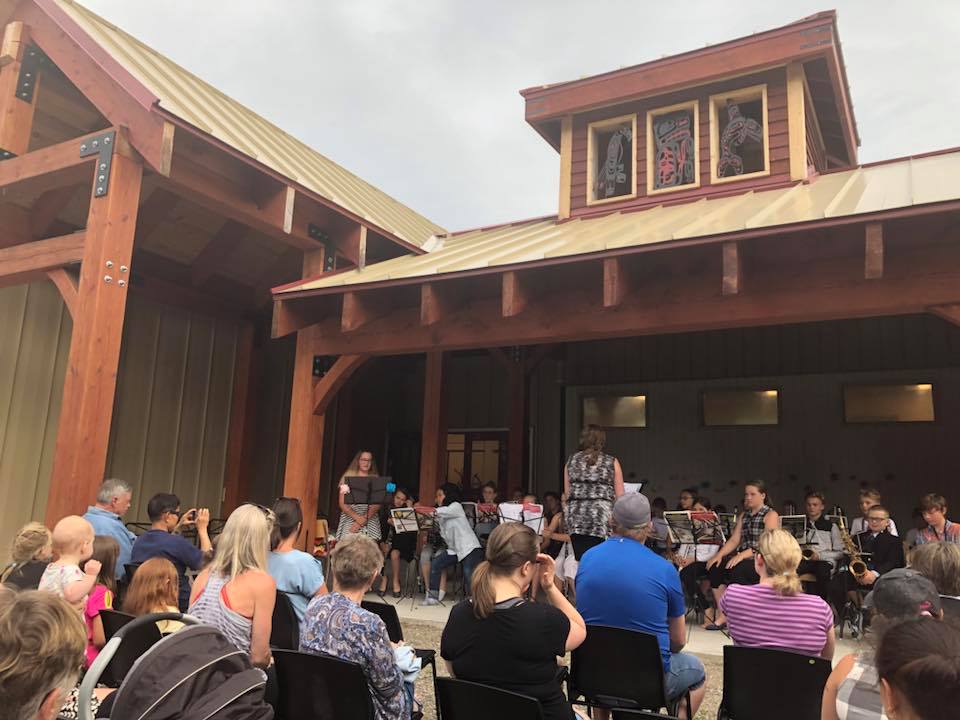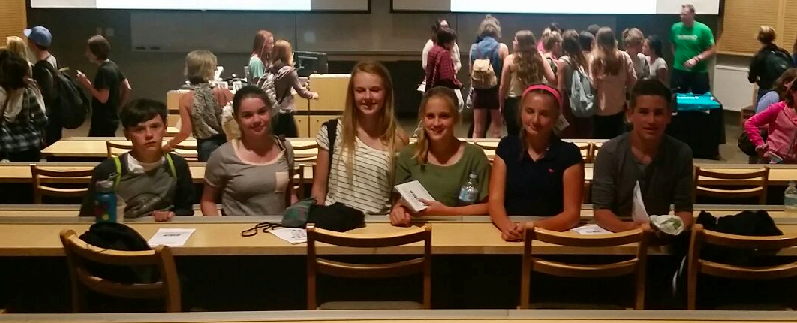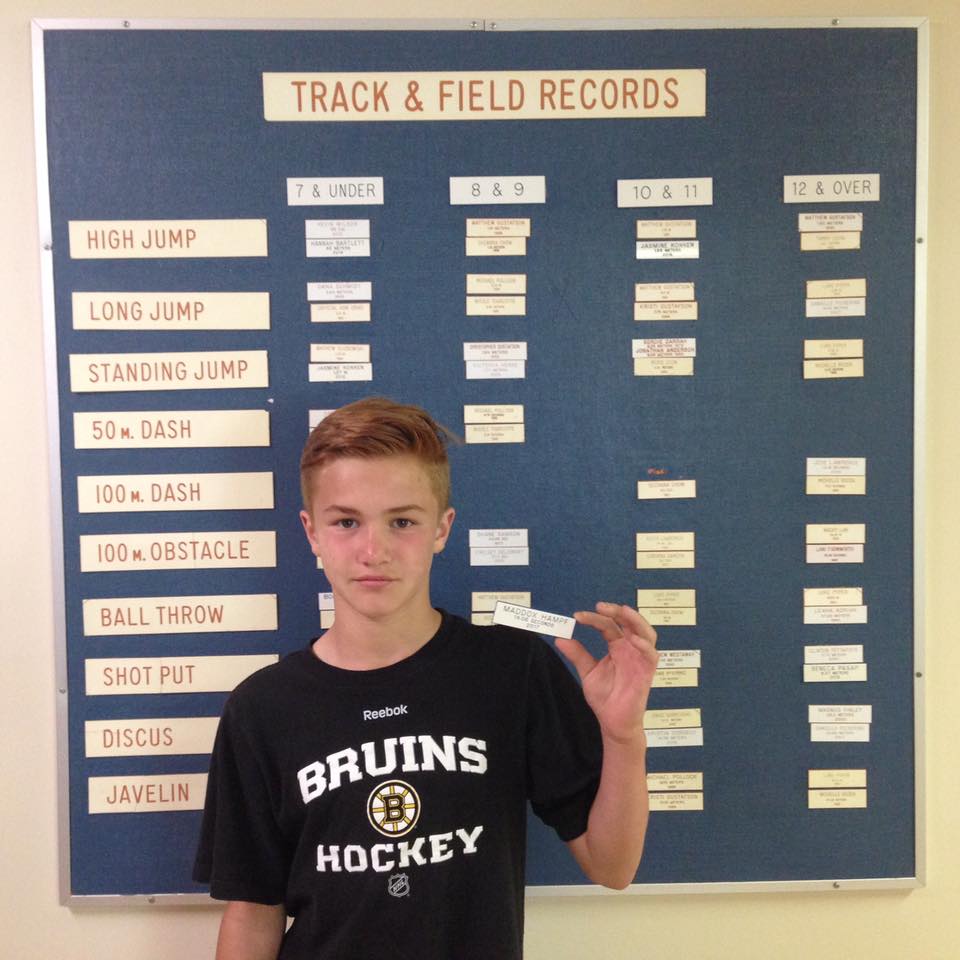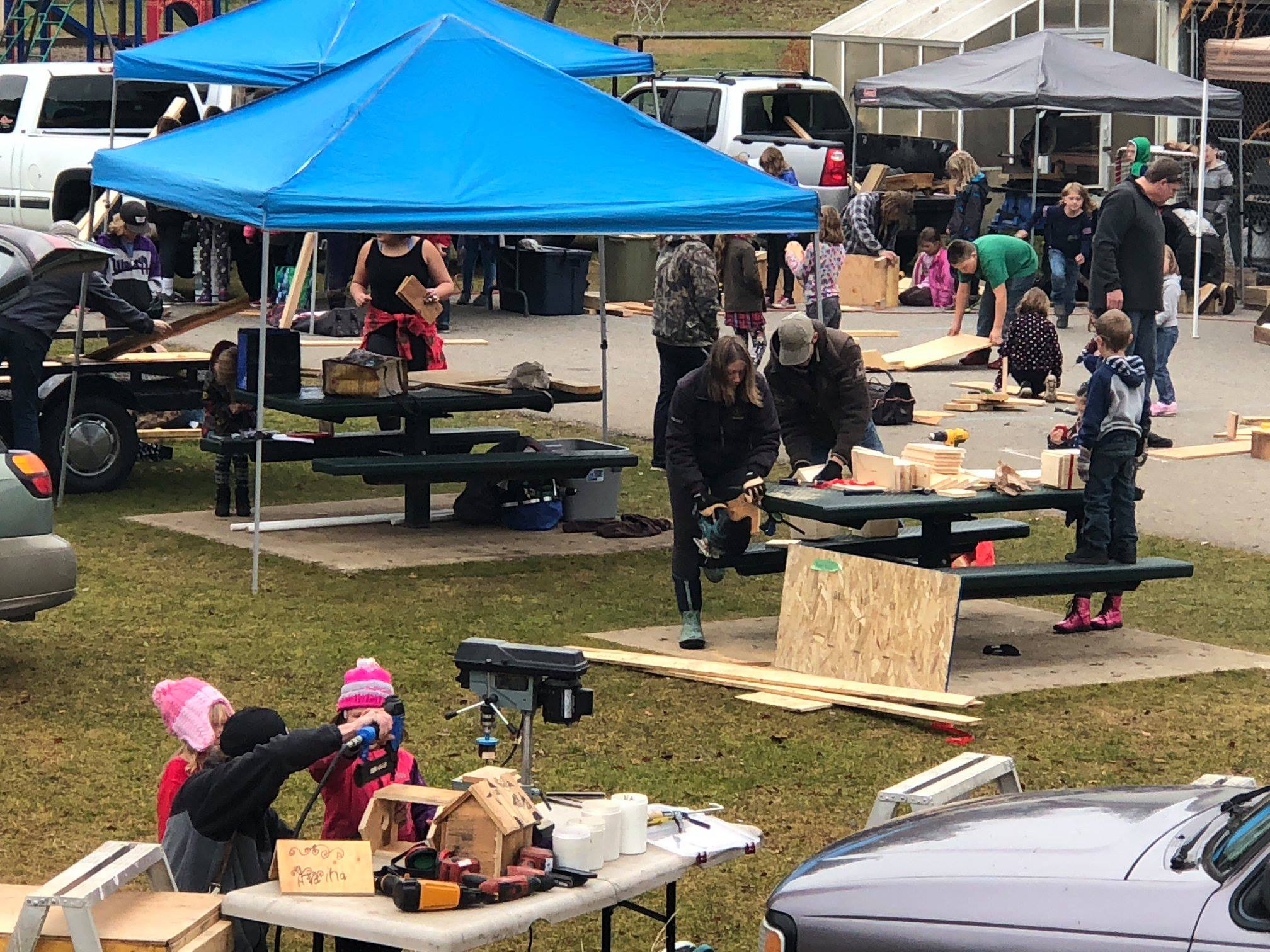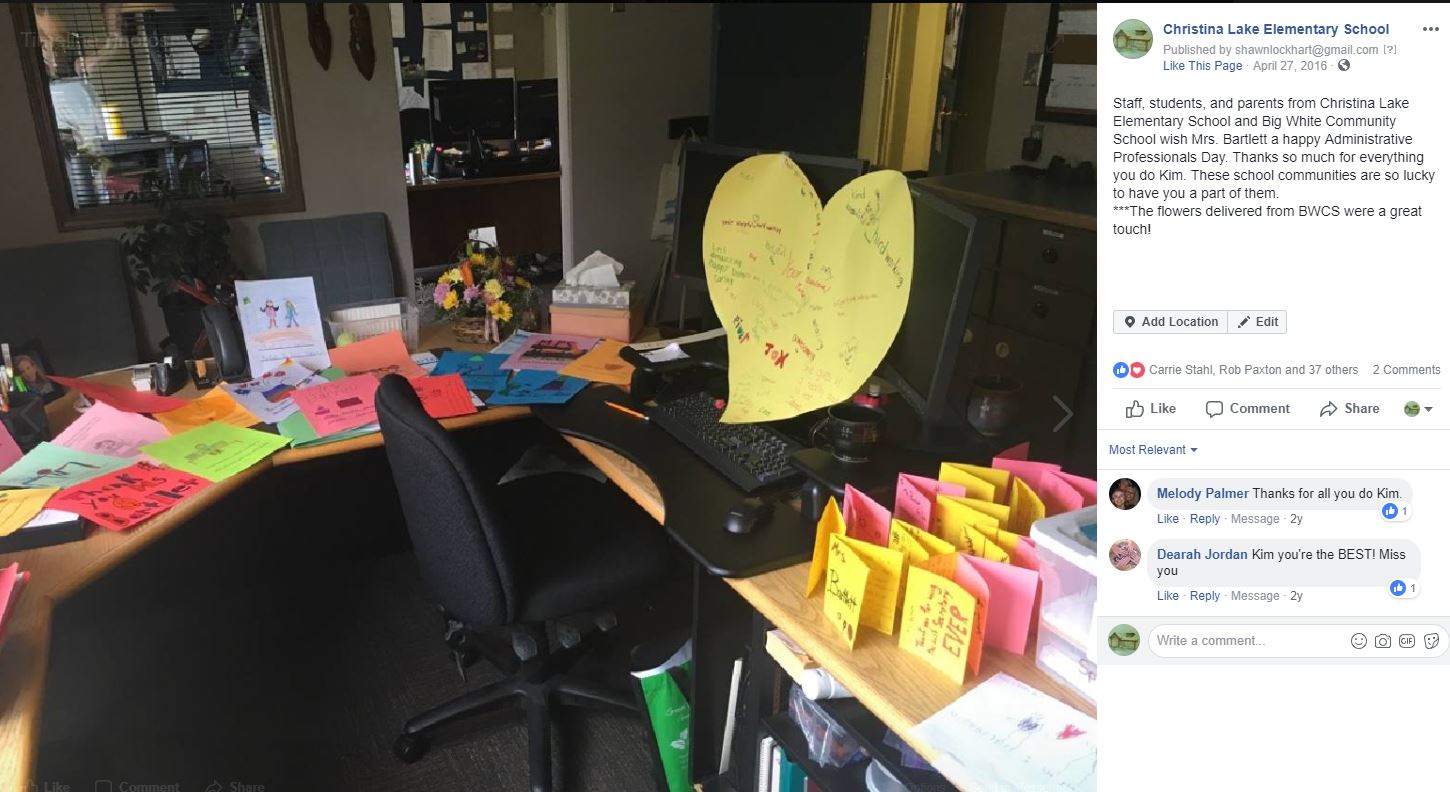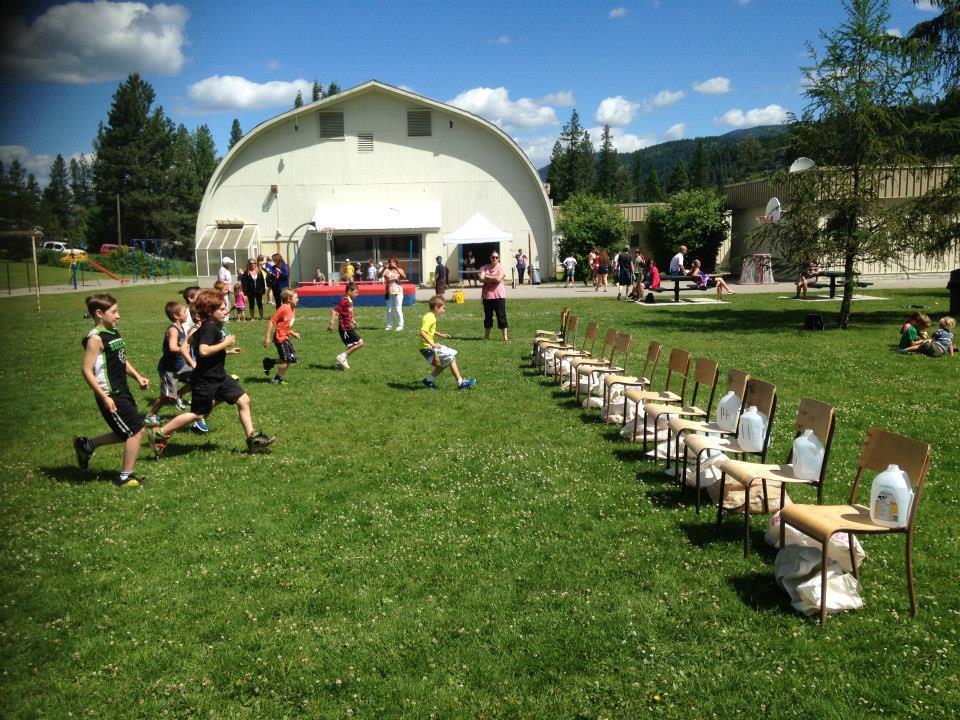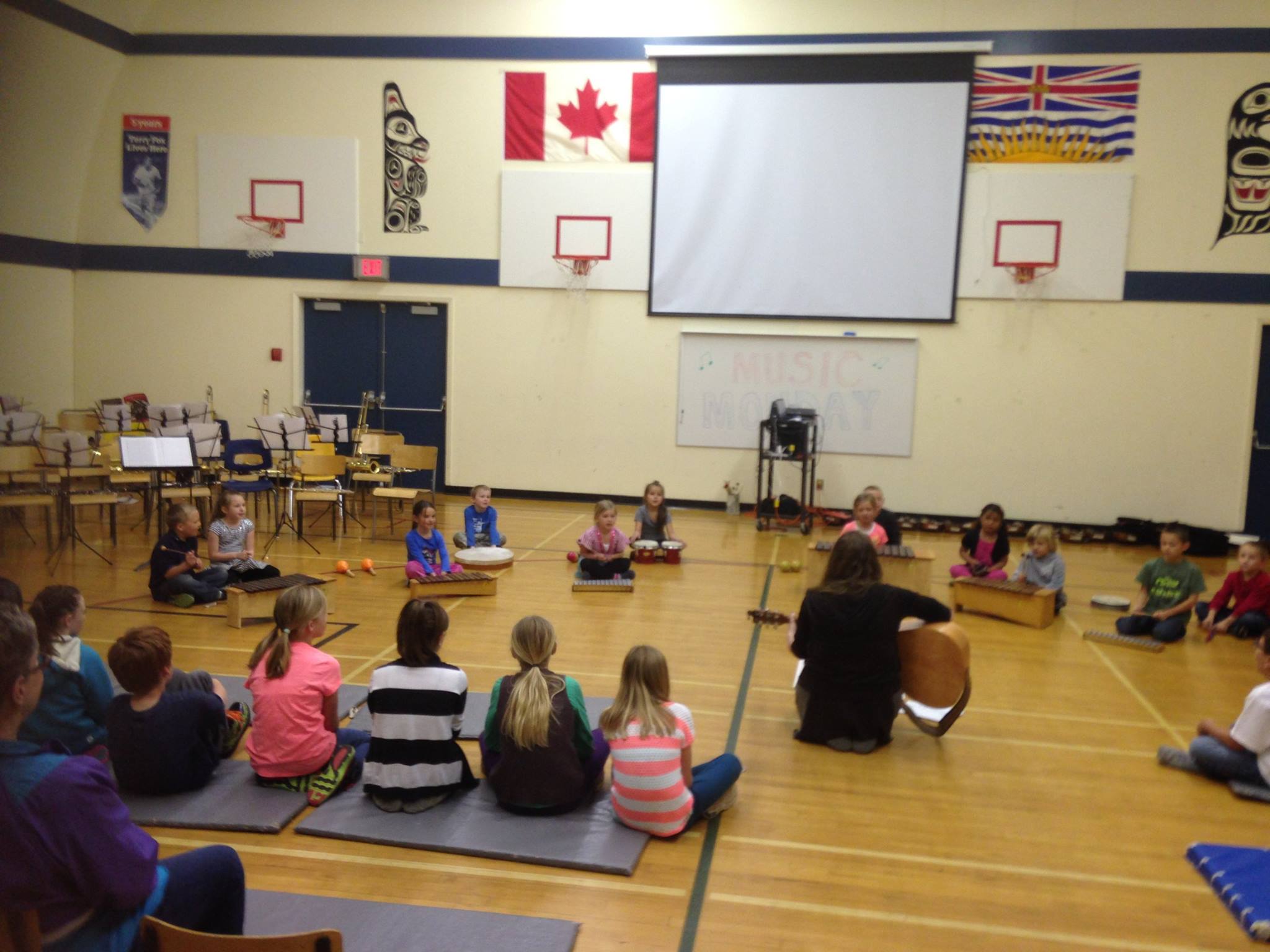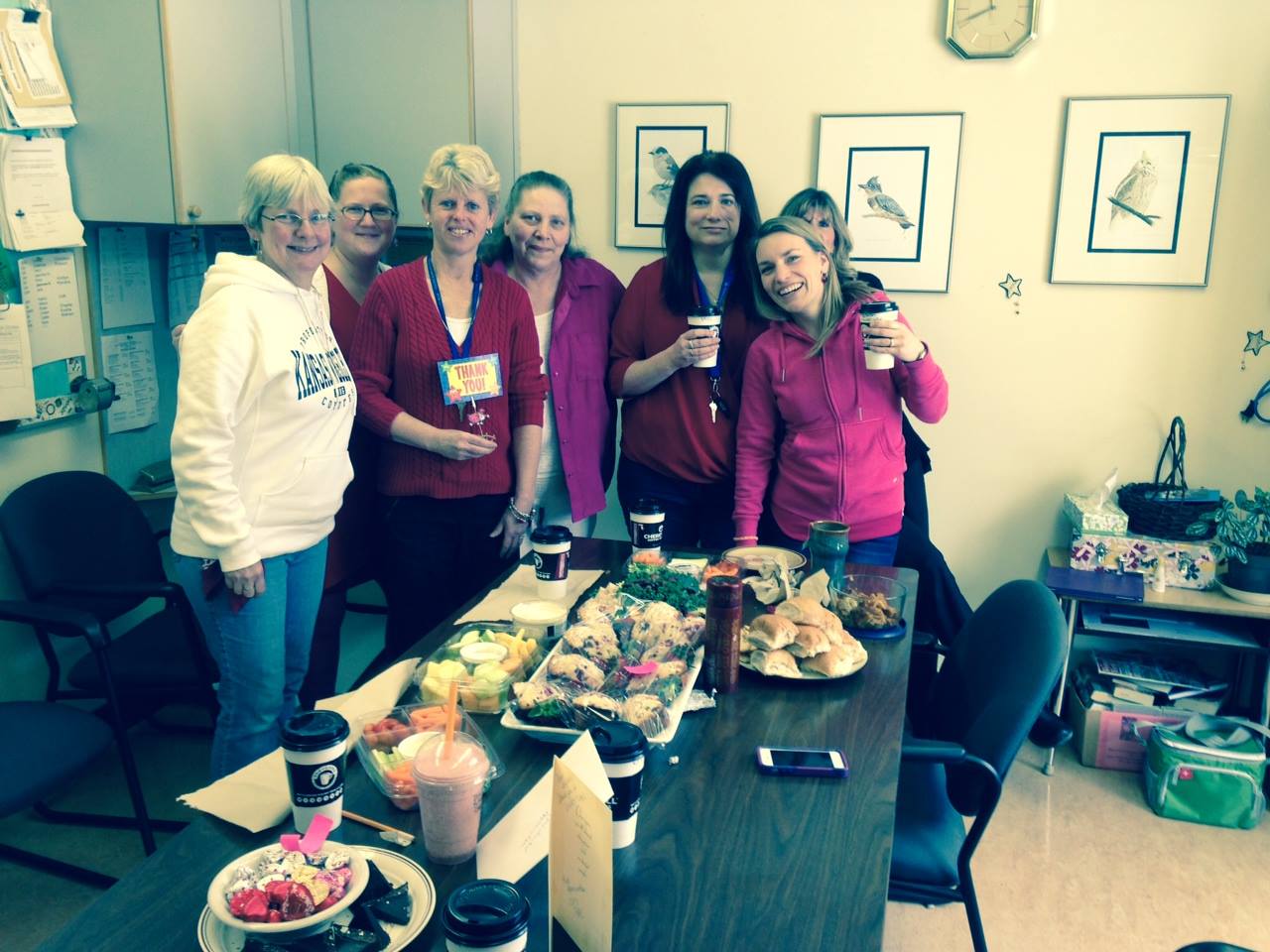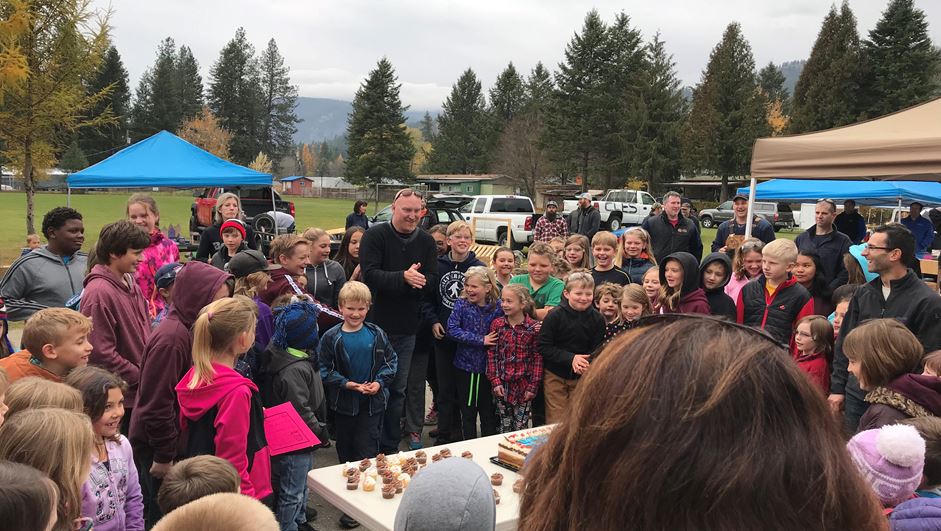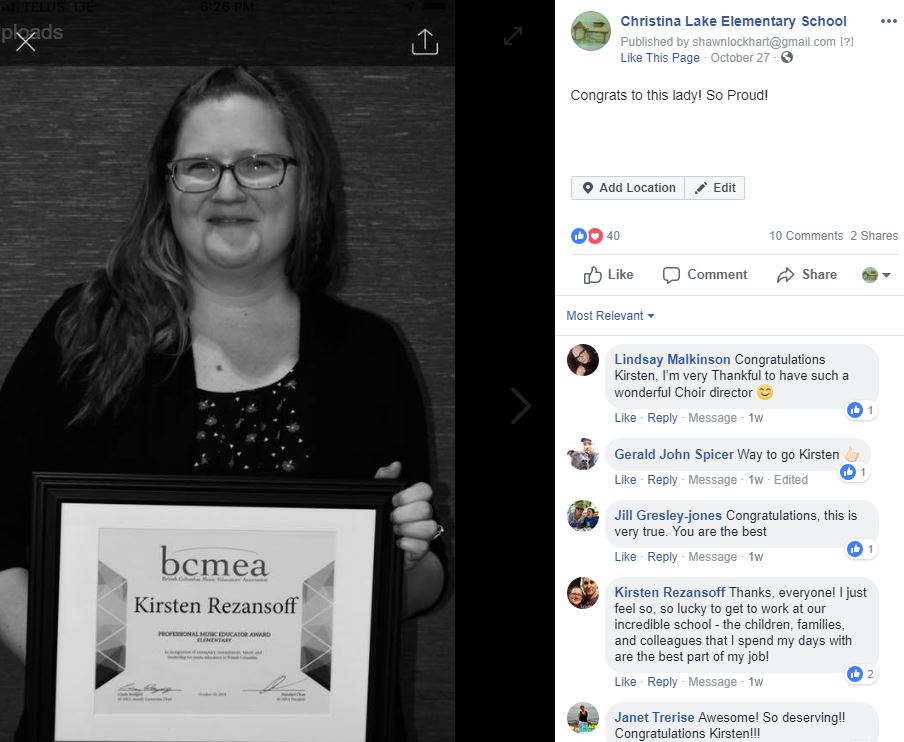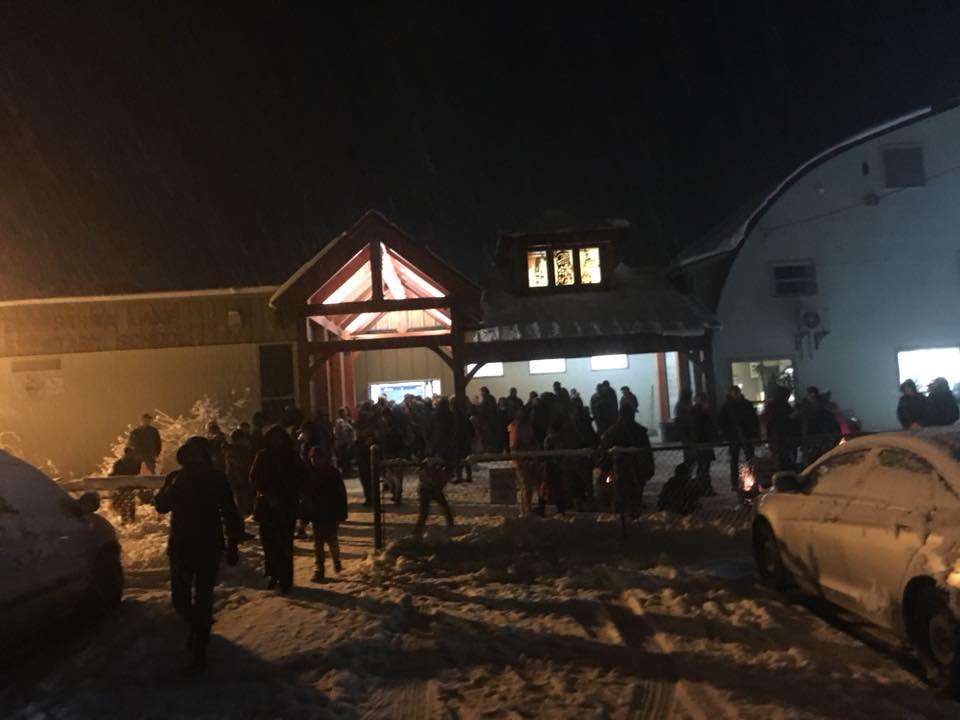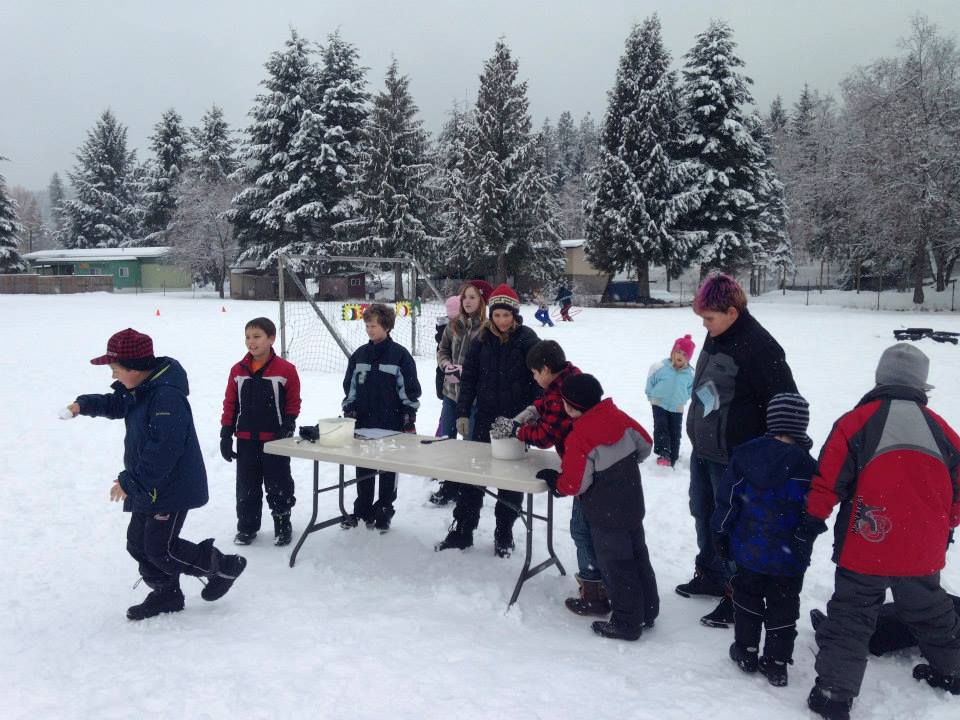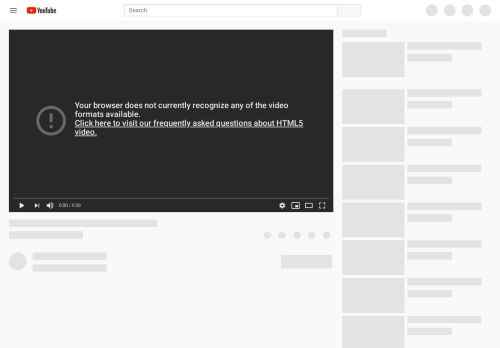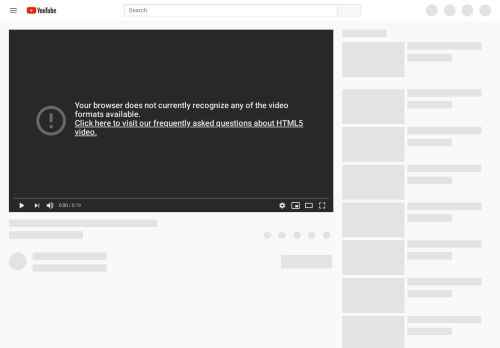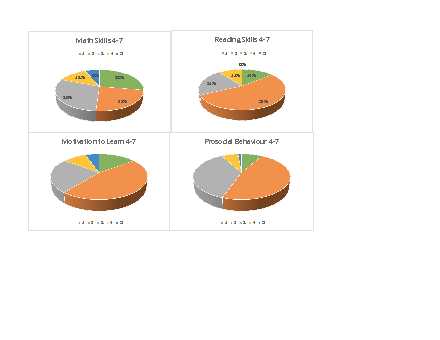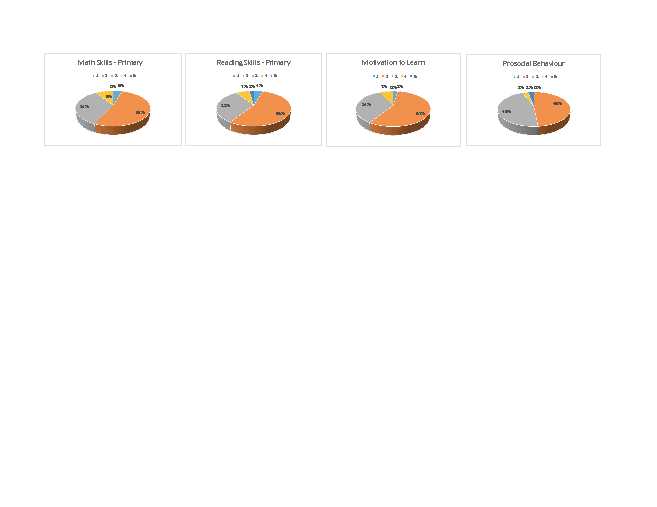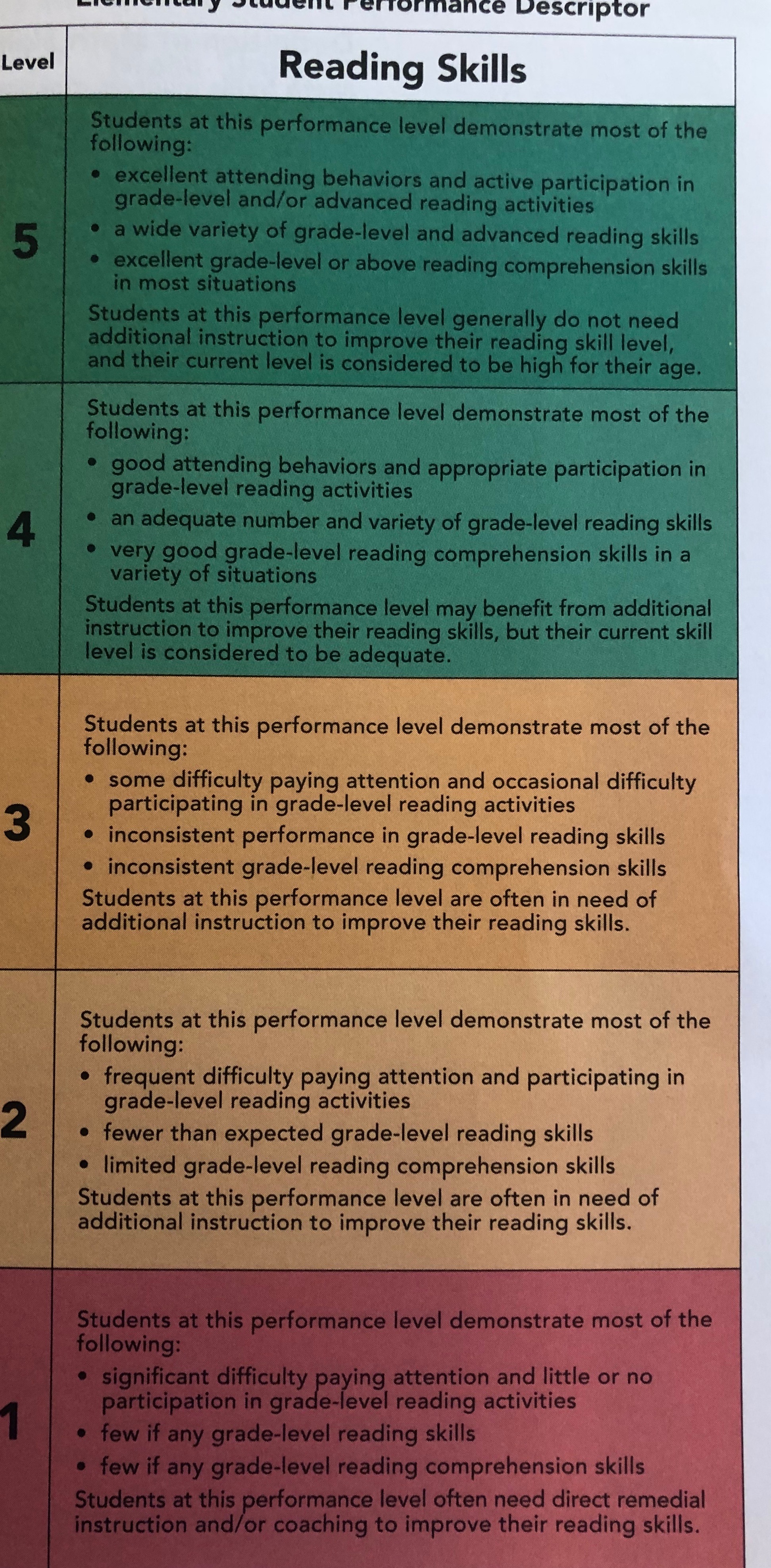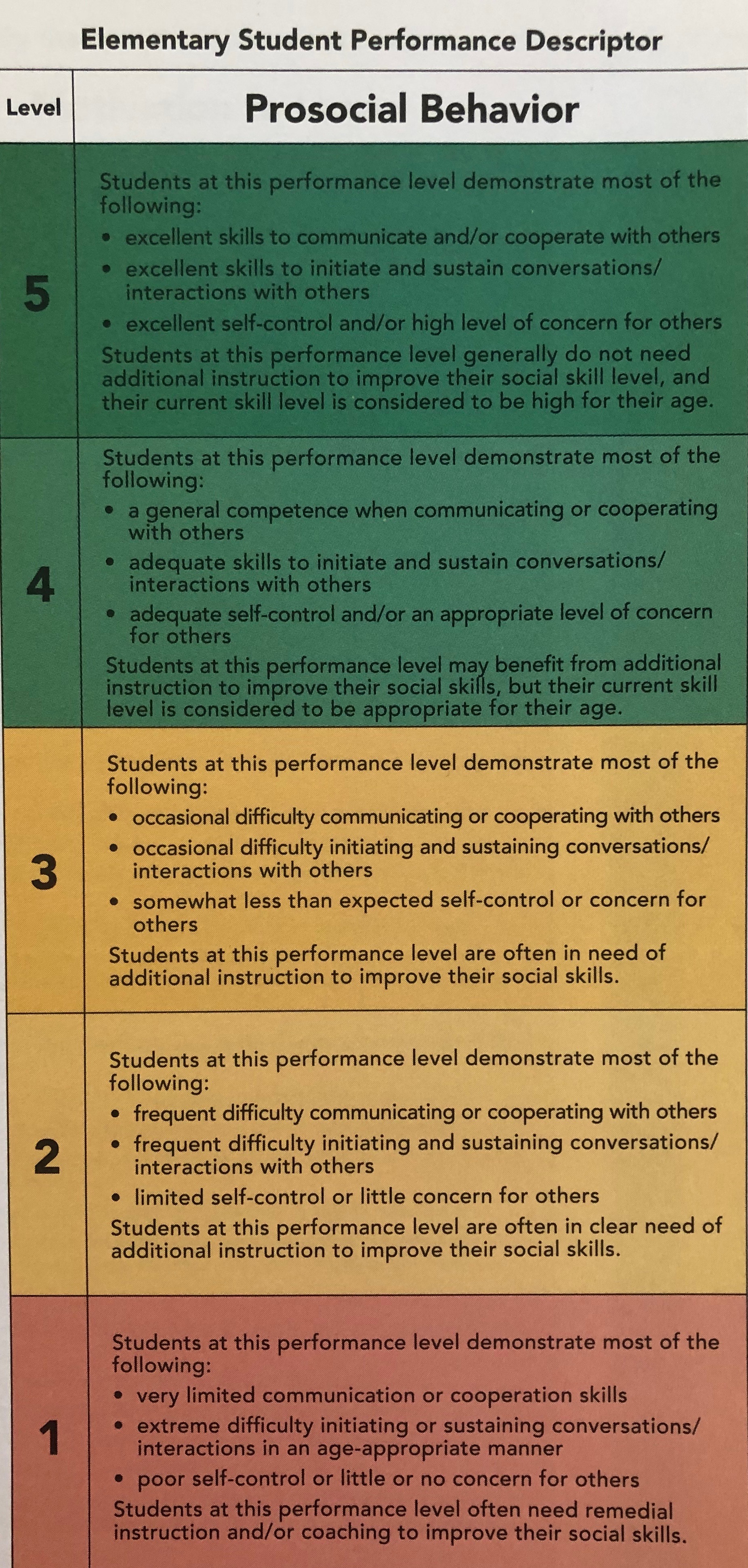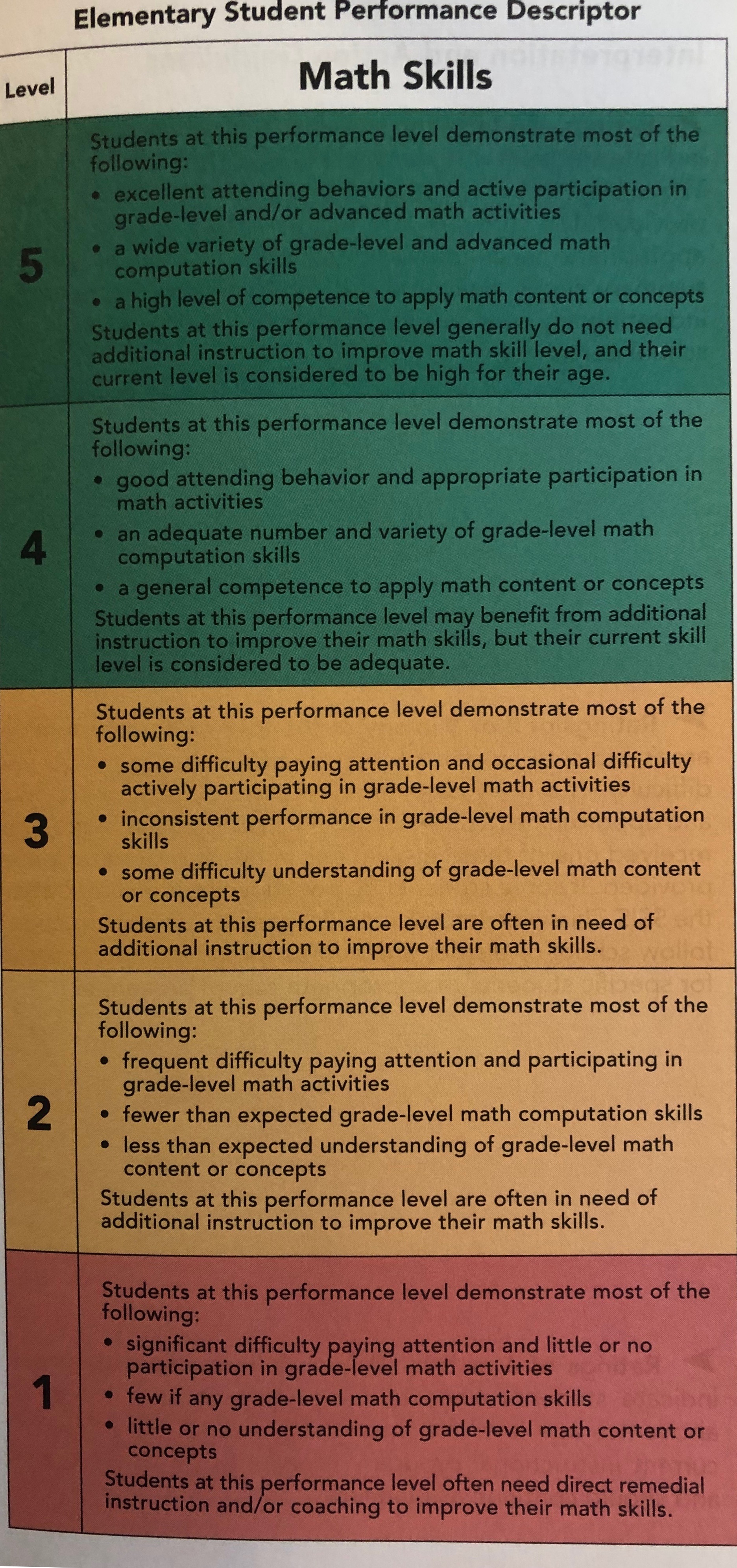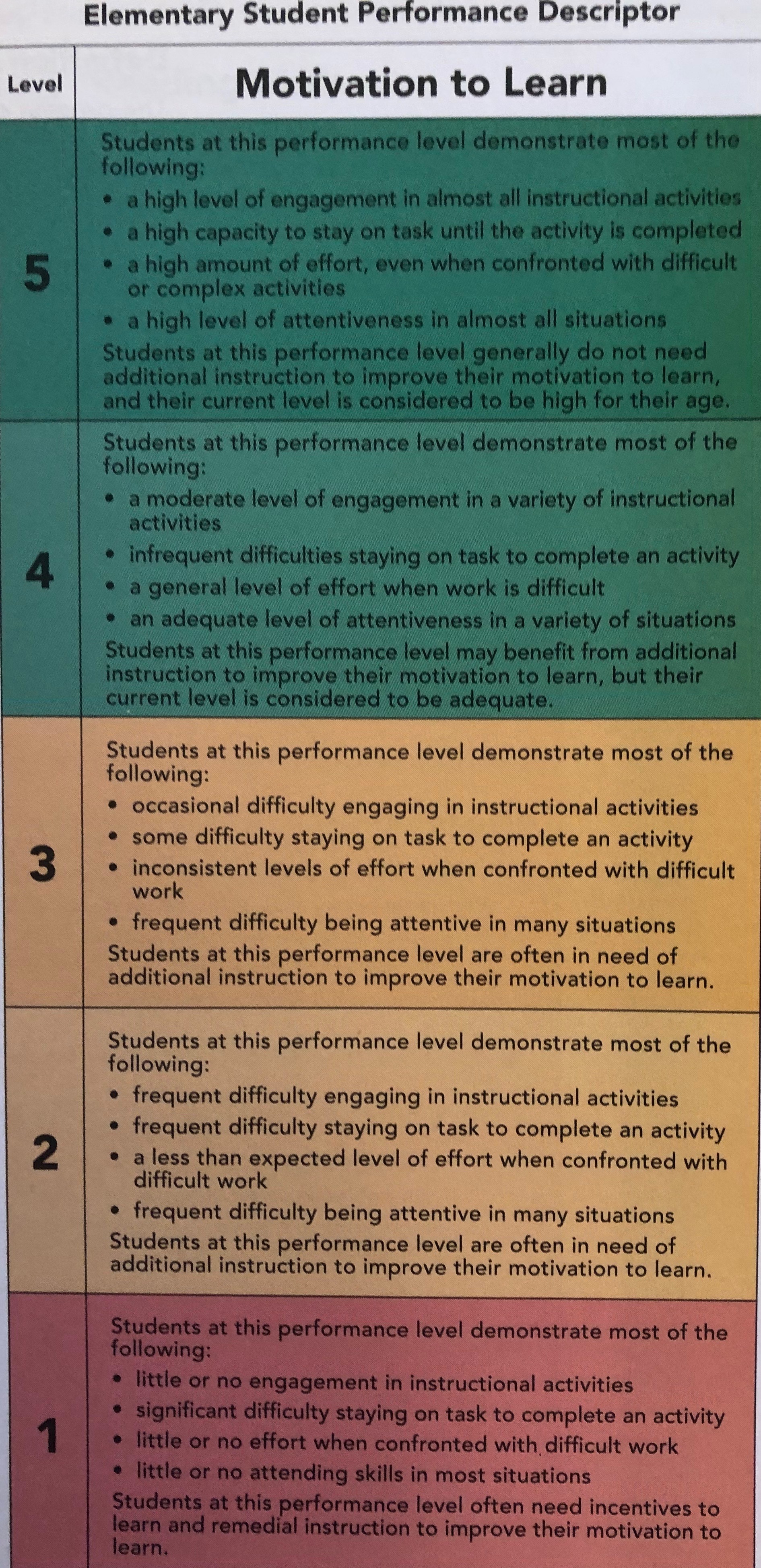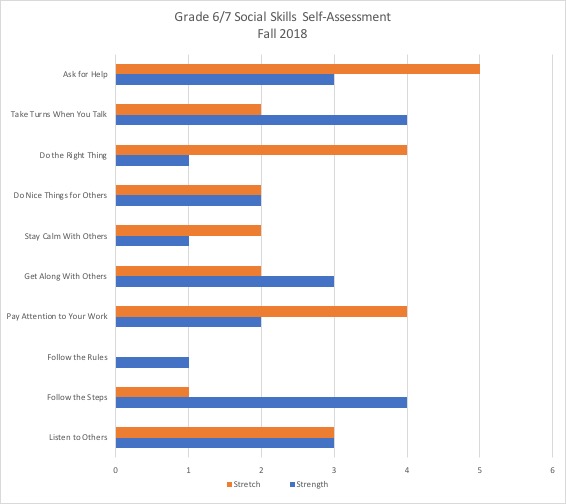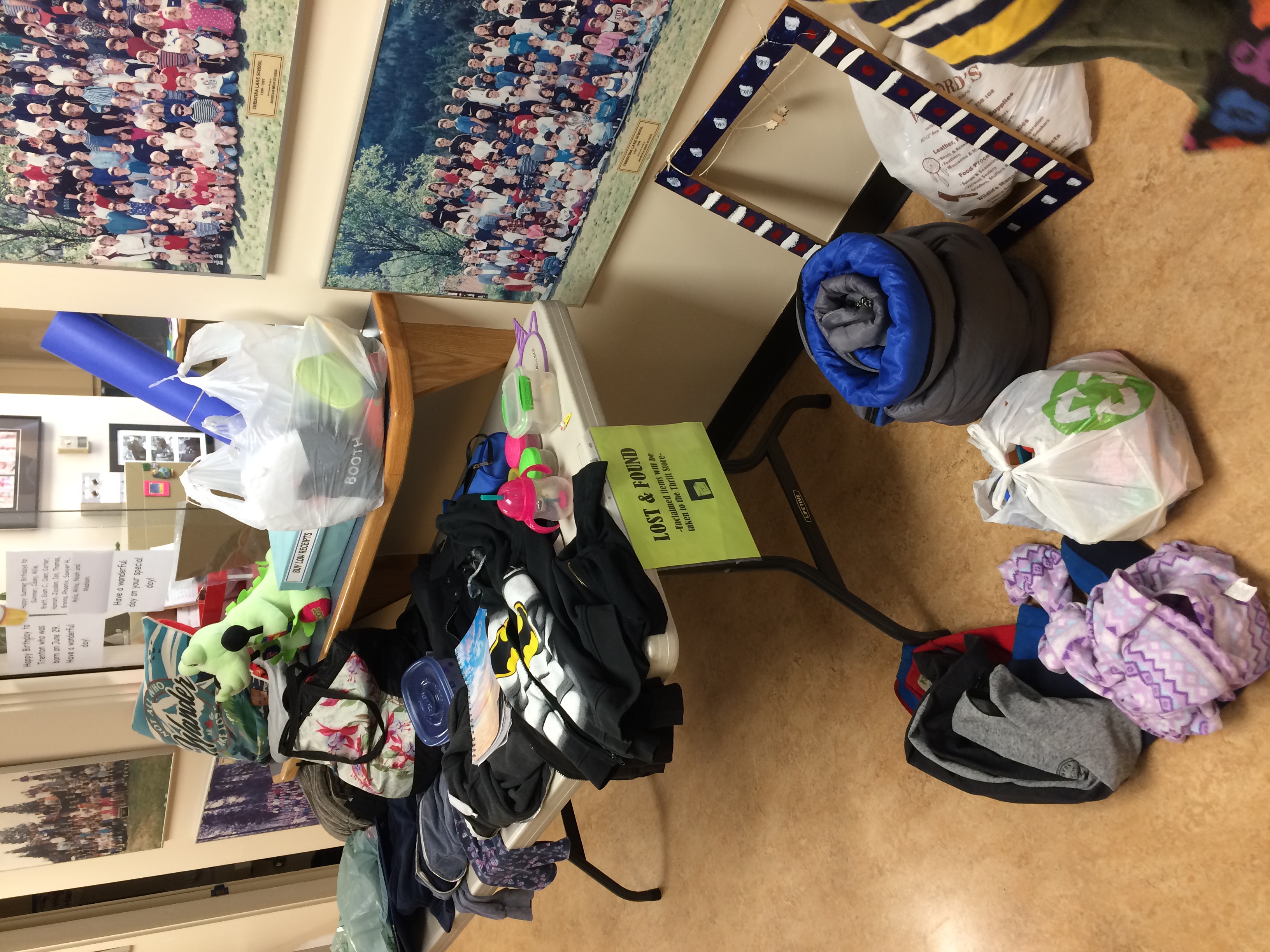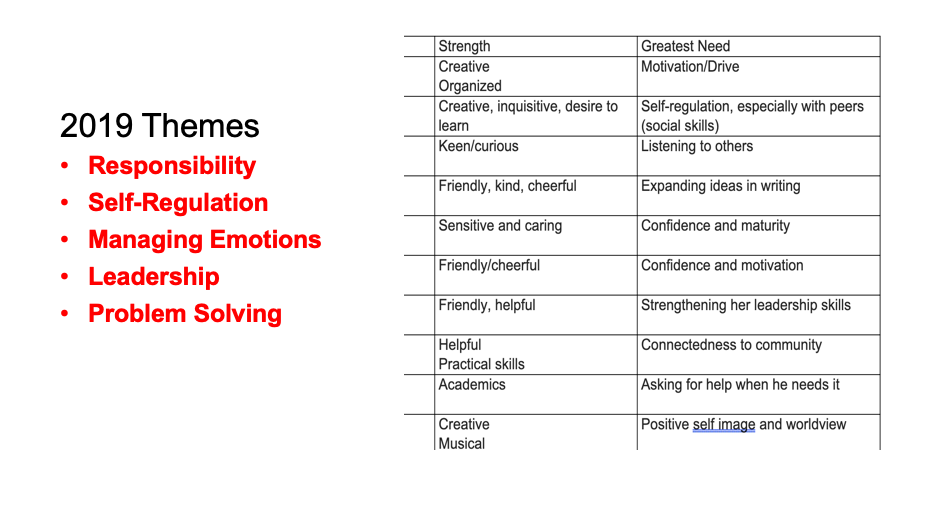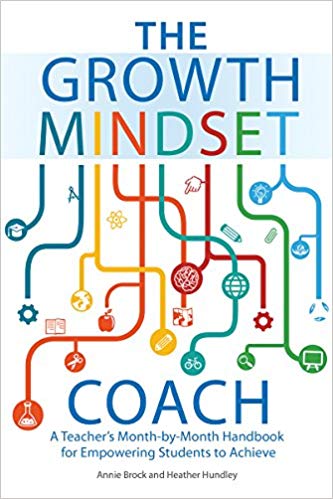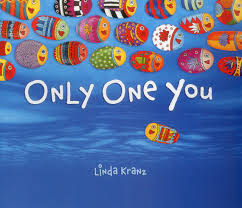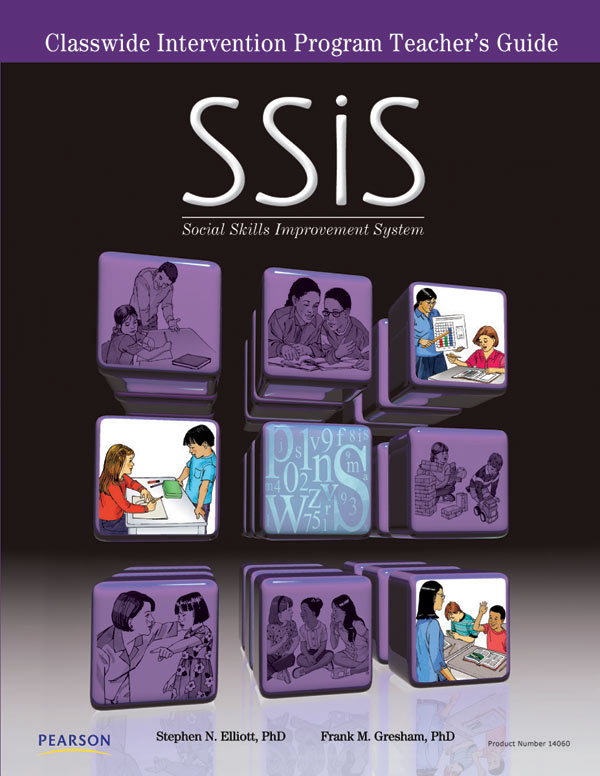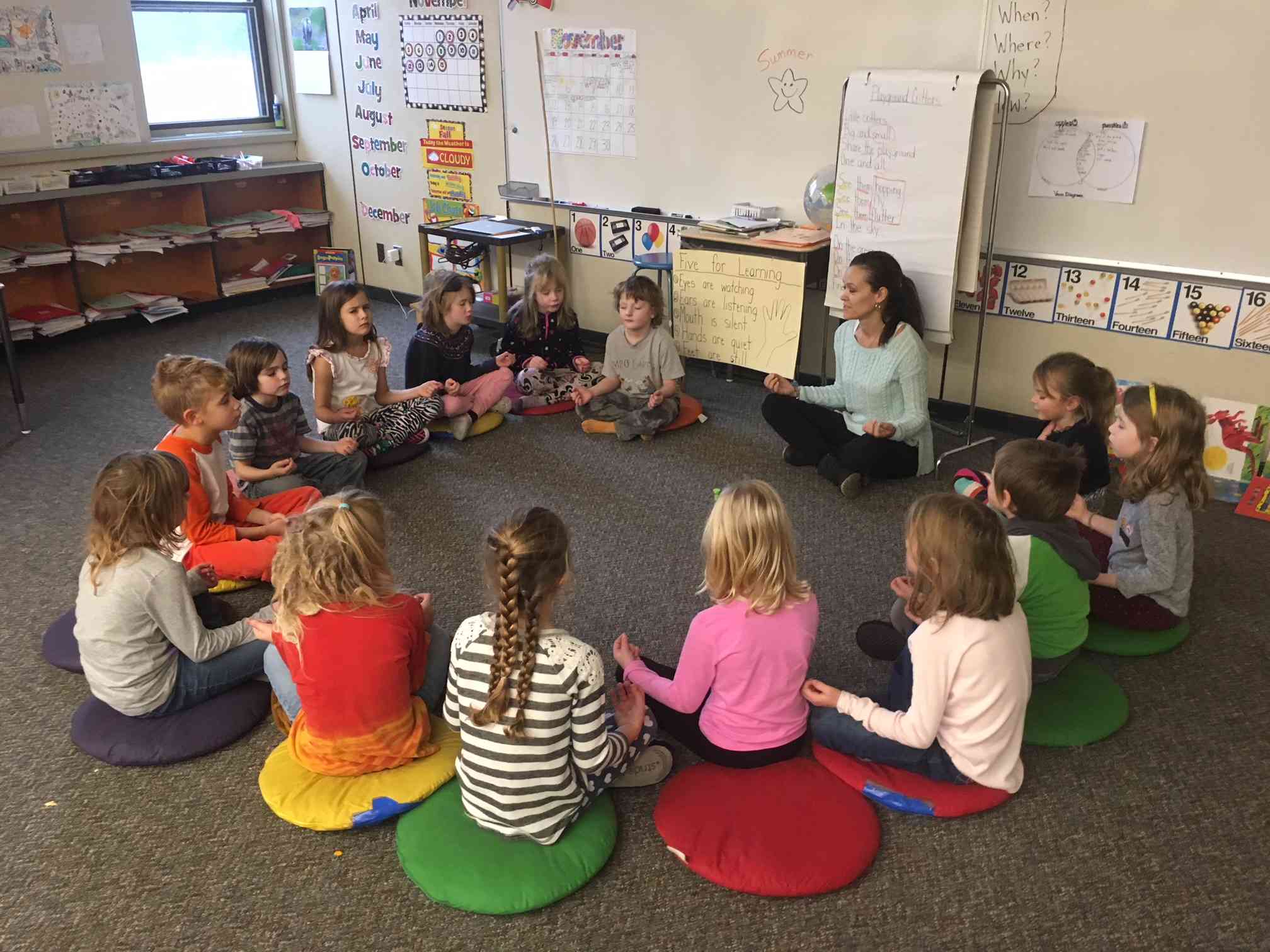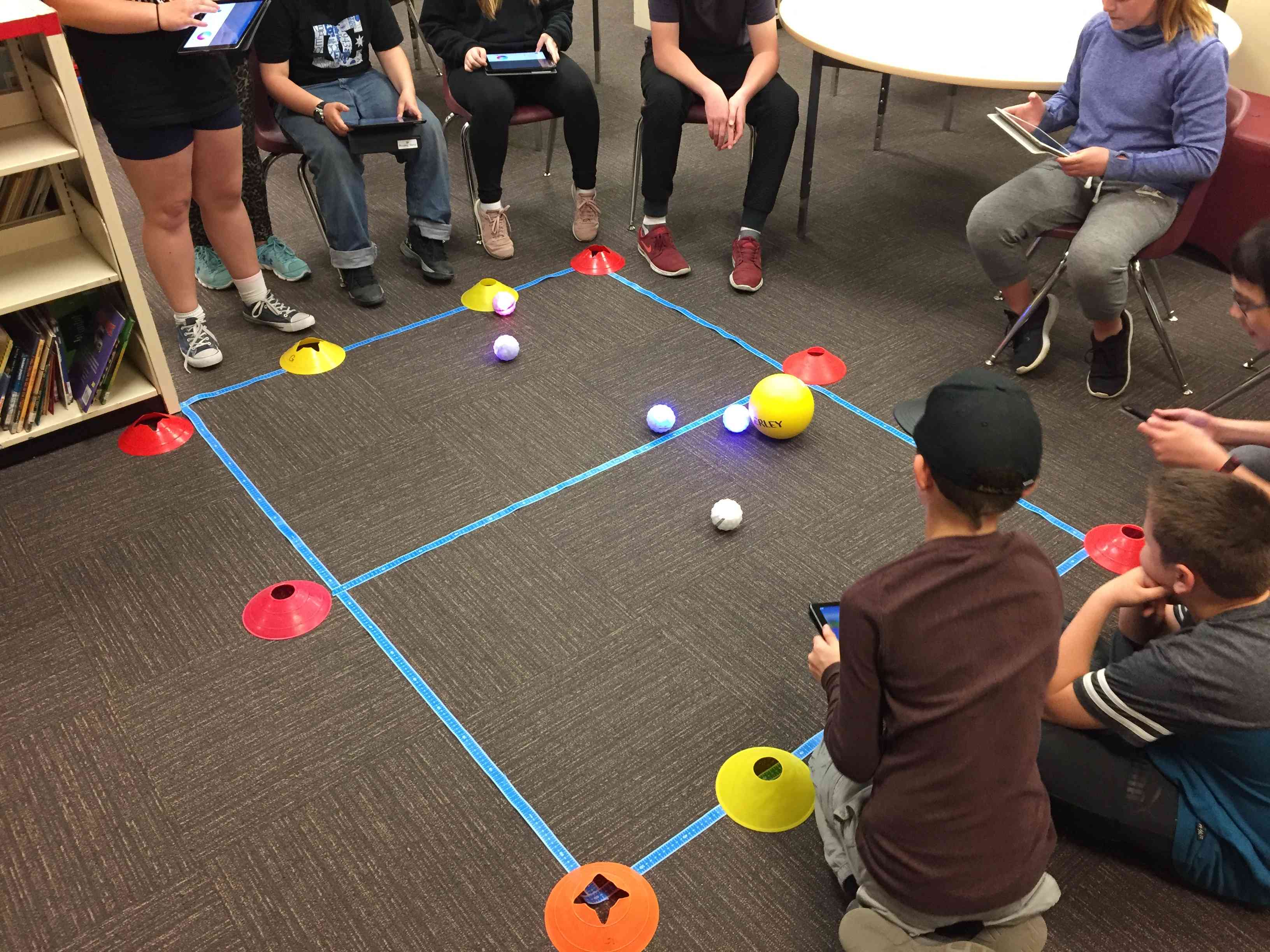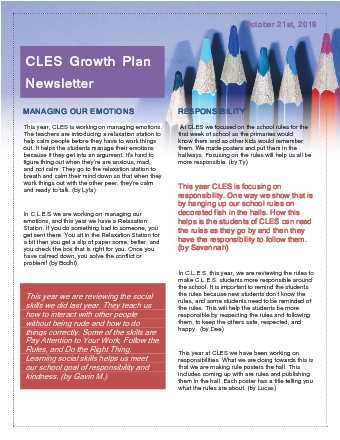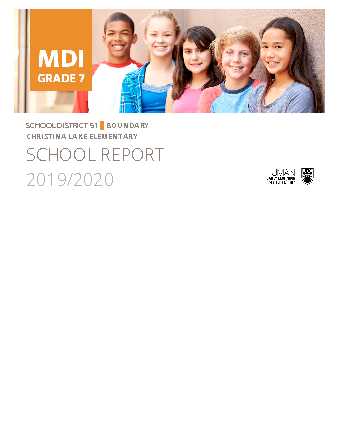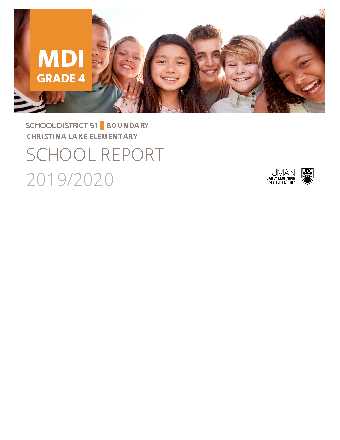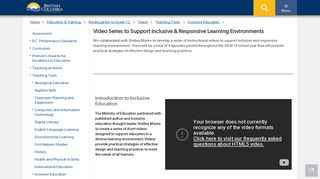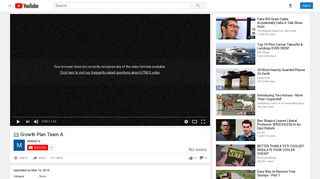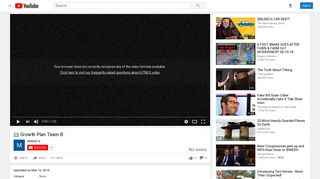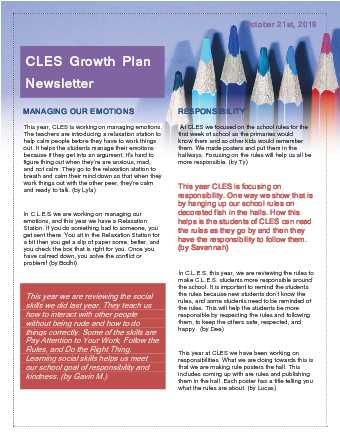![]() 2019-20 CLES School Plan 2019
2019-20 CLES School Plan 2019
What are the unique, positive characteristics of our school?
We have a strong, positive culture at CLES. Staff, students, and families work hard to build connections that create a family-like atmosphere where students feel supported, safe, and motivated for learning. While we are always adapting and changing to incorporate new research-based practices, our school is steeped in long-standing traditions such as our family-grouping fun afternoons, Sports Day, Music Monday, Fun runs, Maker's Day, weekly Buddy Reading, and Friday PJ days.
CLES Programs: Little Buddies, Computational Thinking, Block Letter, Indigenous Education, Music
CLES Clubs: Choir, Chess, Drama, Reading, Crib, Breakfast, Spelling
CLES Sports: Volleyball, Soccer, Basketball, Track and Field
CLES Events: 6/7 Overnight field trip (Vancouver/Victoria), 4-7 Ski Program, Outdoor Community Carolling at Christmas
What are the important demographics of our school and community?
Christina Lake is a recreation community. It boasts the warmest water of any tree lined lake in Western Canada and is a summer time mecca for power boating and water sports. Originally an important fishing ground to the Sinixt, Sanpoil, Okanagan and other tribes, pictographs can still be found around the north-east shore of Christina Lake. The population of the unincorporated area is around 1400 full time residents, however, during the summer months that population can increase to approximately 6-10 thousand. Christina Lake is predominantly a retirement community therefore the school population is only about 70-95 full-time K-7 students.
What do we celebrate?
CULTURE / COMMUNITY / TRADITION
CLES celebrates having long-standing traditions and building young leaders with a focus on Growth Mindset. Students participate in many outdoor activities throughout the year. Our culminating celebration is a tradition of over 50 years, the Pancake Breakfast, where students sit with their grade group and share a meal prepared by our PAC. The PAC is an active, engaged, and hardworking group that does a lot for our school and community!
CLES also does a very sincere job of celebrating staff and their personal achievements. We believe that honoring the work and achievements of others is vital to a healthy school culture.
What are the strengths and stretches we see in our learners?
Part of our strong school culture is a focus on self-regulation in learning. Generally, our students are motivated learners who engage readily in lessons and tasks, often giving their best effort. We have seen that many students struggle with the important career skills of self-regulation and problem-solving. Students need more opportunities to use these skills in different environments.
Our students are experiencing the same social-emotional struggles as their peers throughout the province. Being able to manage their emotions and get focused on the task at hand is a necessary skill for future success and they need support to develop that skill. This plays a big part in their ability to self-regulate and then to problem solve when the need arises.
CLES students demonstrate academic competence in literacy and numeracy. We do notice that using correct spelling and grammar in their writing is a stretch for many of them.
One area we noticed students struggling in 2018-19 was responsibility. Over the year our lost and found grew out of control, students frequently forgot the supplies and things they needed for the day at school, and there was a sense that students were ignoring some of the school expectations that make CLES a great learning environment. In order to maintain the positive culture that is a part of the fabric of CLES, we see a need to focus on responsibility.
What evidence do we have of these strengths and stretches?
Our strengths and stretches are supported daily by teacher anecdotes and observations in classrooms. Students have also provided feedback about the breathing program we implemented two years ago, which indicates that they use what they have learned in class to help them focus and regulate in a variety of situations at home and school.
Each teacher started the year by submitting a strength of each student as well as a stretch - something that they would wish for the student in order to have the biggest impact on their success. These lists led to the identification of themes across the school including Responsibility, Problem Solving, and Managing Emotions.
Teacher anecdotes as well as data such as number of items in the lost and found, number of phone calls home to have forgotten items brought to school, and number of missing permission slips for field trips indicate that responsibility is an area we can improve.
We will use a school-specific version of the SSiS evaluation to identify what social emotional needs our students have this year.
What areas will we focus on to improve or enhance success for our learners based on what we know about them?
In 2019-20 we will focus on maintaining and expanding our self-regulation/managing emotions work; expanding our ADST program to include primary students in order to work on problem solving; and adding responsibility as a goal area across the school.
We expect that this focus on regulation, responsibility, and problem solving will help our students not only in SEL, but in all other content areas.
What are our specific goals?
Our overall goal at CLES is always to develop leaders. This year, we will do that by focusing on the following 3 goals:
1. CLES students will continue to learn and practice strategies for managing their emotions and self-regulating in order to be focused and ready to learn.
2. CLES students will develop strong problem solving abilities.
3. CLES students will demonstrate responsibility for their belongings, their attitudes, their emotions, and their learning.
What will teachers learn more about to support our goals?
ProD for all teachers on the next steps of the Social Skills improvement System (led by Toni Hoffman)
Mindset Activities and Lessons (look at MindUp program)
Implementing breathing and other whole-child approaches to education. (Continue adding to our work from 2017-18 and 18-19)
ProD around ADST (Computational Thinking Cohort)
Using Literature for school-wide social-emotional learning
What actions/strategies will we take/use (teachers, parents, students, and other stakeholders) to support our goals?
We will continue to implement daily breathing practice in every classroom.
We will go over all of the school expectations around responsibility in each classroom and with buddies in the first weeks of school. Intermediates will make posters to remind other students about being responsible and teachers will each take responsibility for reminding students of those expectations when they see the need.
Grade 6/7 students will go in pairs to help monitor the primary classes during lunch in order to develop responsibility and leadership.
Grade 6/7 students will continue to be in charge of the weekly school jobs (composting, juice boxes, equipment monitoring etc.)
We will create a "relaxation station" at the end of the office hallway with a lavender diffuser, cushions, and a list of breathing steps on the wall so that students who normally would be sent to "the bench" when they break a rule outside will instead have a place to calm down and centre themselves before they discuss what happened with the adult that sent them inside.
We will review the Social Skills Improvement System (SSiS) program in each class for the first 10 weeks of the school year. Following that, we will expand to the new skills that we didn't get to last year. Students will self-assess as we progress through the units and teachers will identify those students who may need small group instruction to work with our SpEd teacher.
We will have intermediate students create a monthly "Growth Minute" to share with parents and the community about what is happening at CLES around our growth plan.
We will hold our annual Maker's Day, ensuring that students focus on problem-solving and self-regulation in this setting. We will look at adding a second Maker's Day in early 2019 that focuses on baking, sewing, and possibly hair dressing so that students are exposed to more of a variety of trades.
We will expand our ADST program to include a specific 40 minute session each week for primary classes.
We will implement the problem-solving system for students where they need to consider what is working, what isn't working, and what is next before they receive help from an adult.
We will create/implement a set of school-wide lessons and activities based on the book Say Something, by Peter Reynolds in order to work on leadership and social-emotional learning.
We will implement our new reporting practice this year, having students help educate parents throughout Term 1. The focus will be on individual progress, not standardized comparison.
What evidence of learning will we collect to check the progress on our goals?
Student check-ins (oral and written reflections); time of breathing/sitting still; adapted SSIS assessments (Fall and Spring); Teacher anecdotes and observation; Survey data from students; Ask students on a regular basis
Photos and videos of the different ADST activities throughout the year.
Responsibility data such as number of items in lost and found, permission slips returned on time, requests to call home about missing stuff, incidents where expectations are not being followed.
How will we share our plan with staff?
How will we share our goals with students?
Teachers will start the year with an intentional focus on responsibility and school expectations. Students will be told that this is a goal area for us this year.
Through the continued practice of breathing, our relaxation station, and our school-wide activities, students will be reminded that we are also a school that focuses on managing our emotions and staying calm for learning.
Our ADST goal will also be introduced to students and then reinforced through weekly activities and practices.
How will we share our goals and progress with parents?
Students will create a monthly "growth minute" to share with parents.
The plan will be shared with our PAC and made available to families for input and feedback. Our new reporting practice will be carefully rolled out in order to make sure parents understand it (student created videos, an introductory letter, a visit to the PAC to go over the new report card and discussion at the parent conferences in October)
The student-created videos from last year about what CLES is focusing on are still relevant and will be available to parents for 2019-20.
